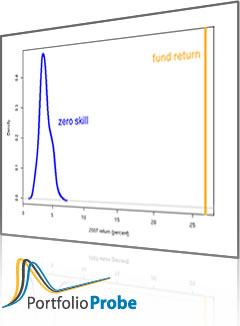High volatility stocks are, in general, nonsensical. Who’s to blame?
The high vol gamble
Theory says that investors demand higher returns for higher volatility assets. Reality says that the most volatile stocks have the lowest expected returns. See, for example, The volatility puzzle solved? — specifically Figure 2.
That this particular theory doesn’t hold means that somehow we got stuck with craziness. How does that happen?
The recommendation game
Falkenblog had a post that included the following video. The key point is that boring stocks are conspicuously absent from recommendations. That would be wonderful if the recommendations were of books or movies. Recommending stocks should be a completely different exercise, though.
Is this what drives high volatility stocks to be bloated penny stocks?
Suspects
It is to be expected that the Cramer’s tipchasers would succumb to the gambling impulse. But it seems unlikely to me that retail investors account for all of the expected return curve that we see. I suspect they are getting professional help.
I see two possible ways that the fund management industry can be supporting the low expected returns of the most volatile stocks:
- cap-weighted indexing
- gambling
Passive investments (plus active investments with small tracking errors) relative to cap-weighted indices is one possibility. These investments essentially leverage whatever the truly active part of the market is doing — whether brilliant or stupid.
The other possibility is that professional fund managers engage in the excitement of gambling with the high volatility stocks along with the retail investors.
Epilogue
I was gambling in Havana
I took a little risk
from Lawyers, Guns and Money by Warren Zevon

Pat, professional fund managers definitely engage in gambling, seeking risk, etc. This is why the sell side feasts on pitching “plays” on something, and great “stories”. Few of them attempt to optimize their portfolios. Maybe these are the scraps upon which some quants feed.
Andrew, Thanks for the comment. Good point about stories — “this is a boring stock that would help your portfolio” isn’t a very good story.